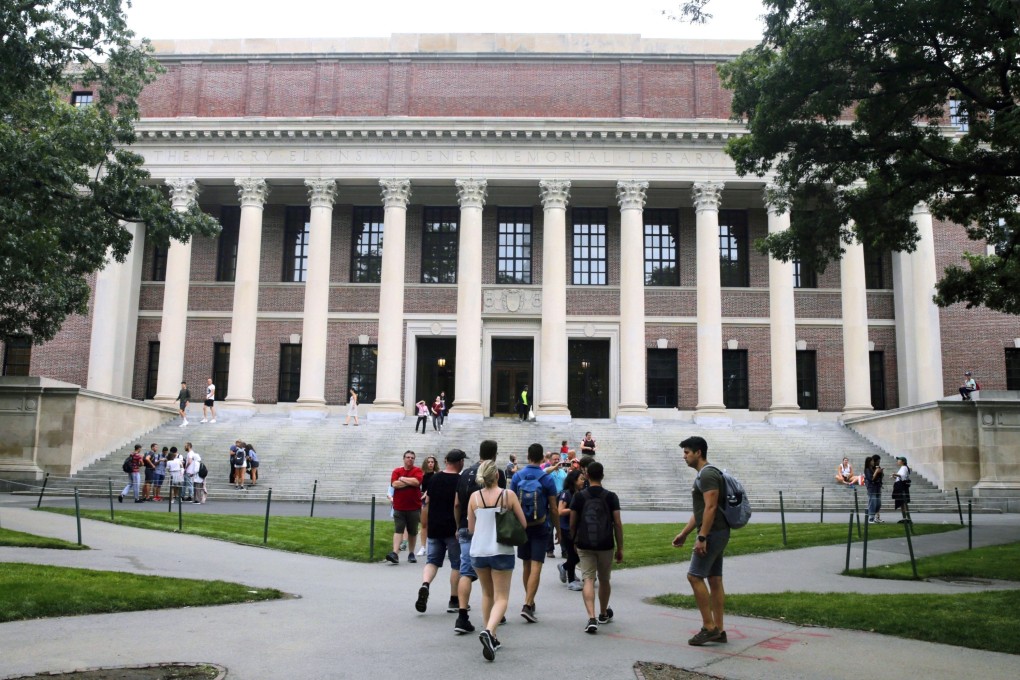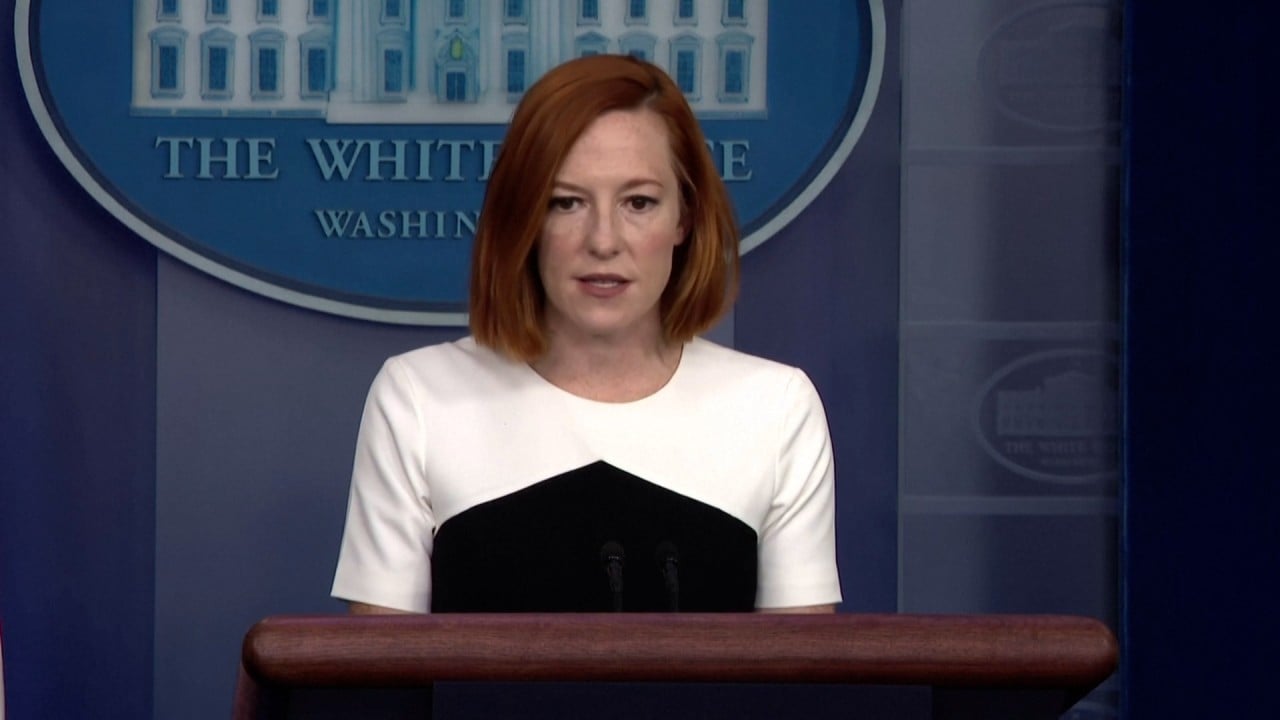Opinion | Rise in anti-Asian racism shows why the US needs Asian-American studies
- Harvard University will expand its Asian-American Studies programme after receiving a US$45 million donation from former students
- The move comes as spikes in anti-Asian racism highlight the need for Asian-American history to be better incorporated into the US education system

Harvard University’s Asian-American Studies programme has received a significant boost after a US$45 million donation from a group of wealthy alumni.
One of the world’s most prestigious universities, Harvard is no stranger to generosity; its endowment fund now sits at US$53.2 billion. However, given that donations often go towards the naming of buildings, it is a breath of fresh air to have September’s money be put to more meaningful use.
The former students, all of whom are Asian-American, earmarked the money for the expansion of Harvard’s Asian-American Studies programme – which means more professorships, fellowships and, ultimately, more courses and students.
This is a milestone for a number of reasons. Most Asian-American studies programmes in the US are given neither adequate attention nor funding. The discipline is often tucked within the broad majors of History and Ethnic Studies, with the history and contributions of Asians in America diluted, if not totally ignored.


